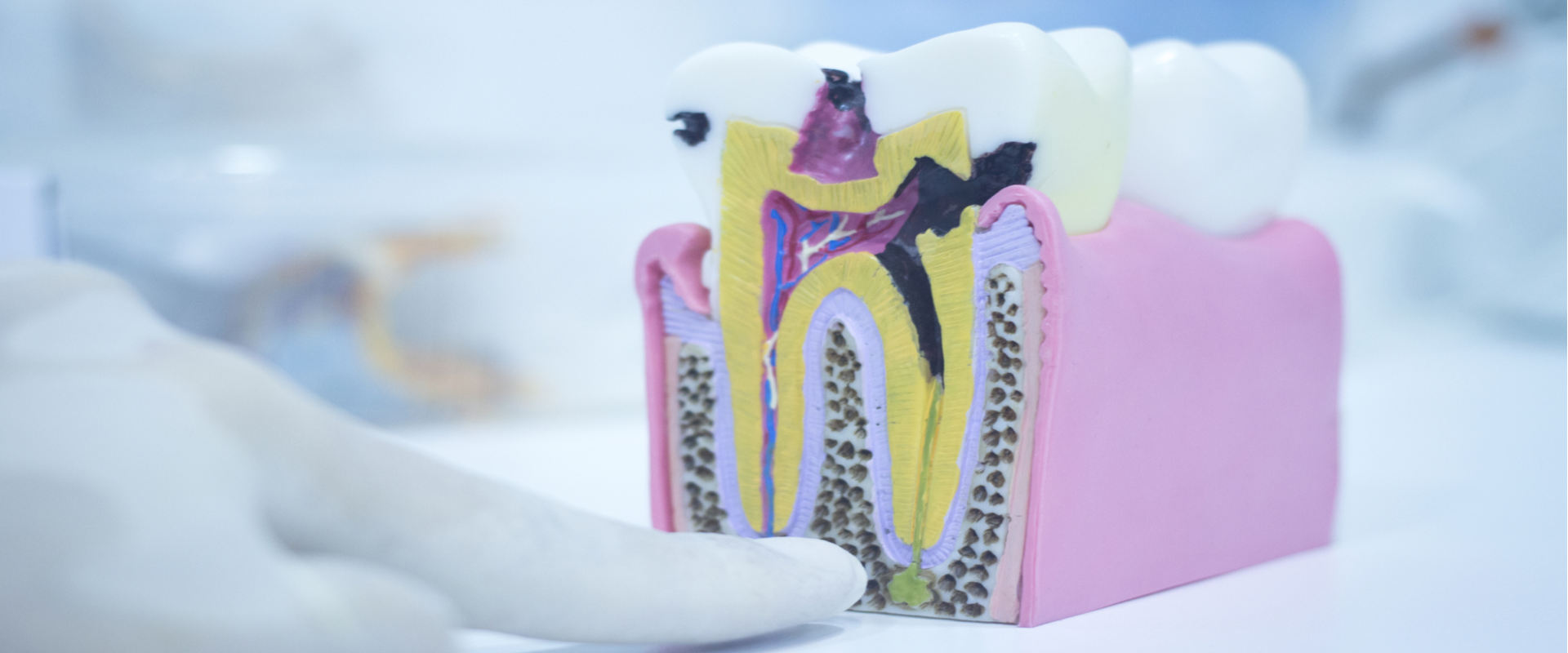The Truth About Diabetes And Your Teeth
According to the American Diabetes Association, diabetes affects nearly 10% of the American population. Many of these cases are undiagnosed, leading to long-term complications for individuals who may not know they have the disease. Those who are living with diabetes or are at risk should take note of the clinical connections between their diagnosis and their oral health.
Can a dentist tell if you have diabetes?
Your dentist won’t immediately know whether or not you’re diabetic. However, you should inform your dentist if you are. Only your dentist can tell you whether something is wrong with your oral health, and if you’re diabetic, there are a few things to watch out for that can directly impact your teeth and gums.
Signs and symptoms
While not a catch-all for diabetics or those at risk, there are a few physical symptoms that can indicate a larger problem with your oral hygiene habits:
- Bleeding gums with or without brushing
- Chronic bad breath
- Sore mouth or irritation
- An increase in the number of cavities you have within a short period of time
Your dentist will be able to inform you about these signs and symptoms as well as help you get on a path to better hygiene habits.
Can diabetes ruin your teeth?
High blood sugar is known to cause dry mouth, which in turn reduces the beneficial effects of saliva in the mouth. Saliva has many positive cleaning properties, which is why it’s important for diabetics to not only control their blood sugar levels, but also to ensure that they’re drinking enough water to stay hydrated.
Diabetes can also reduce blood flow to the gums, which in turn causes a propensity for tooth decay, eventually leading to gingivitis or periodontitis. If you aren’t getting regular cleaning and checkups, you may be missing out on crucial information that you wouldn’t otherwise notice at home.
Diabetes and tooth decay
Individuals who skip regular cleanings are at an elevated risk of developing or worsening diabetes. As well as this, those with elevated blood sugar levels or dry mouth develop cavities in much greater numbers, even with dedicated brushing and flossing. When well-managed, diabetes very rarely introduces problems with your oral health.
Consulting with your dentist
If you know that you’re diabetic or suspect that you may be, ensure that you’re taking steps to control your blood sugar levels and commit to a dental hygiene plan. Make a dentist appointment, floss regularly, and know that you’re doing everything you can to have a happier, healthier smile for years to come.







Alex Cavazos
Great information! It’s nice to read these short but informative articles.
Thanks for providing these resources. We appreciate it so much.
Alex Cavazos
Bright Smile Dental
Jamie King
Thank you for leaving us a comment, Alex! We have made it our mission to provide helpful resources to dental offices. Check out our upcoming dental conference, How We Did It to learn awesome dental tips and tricks.